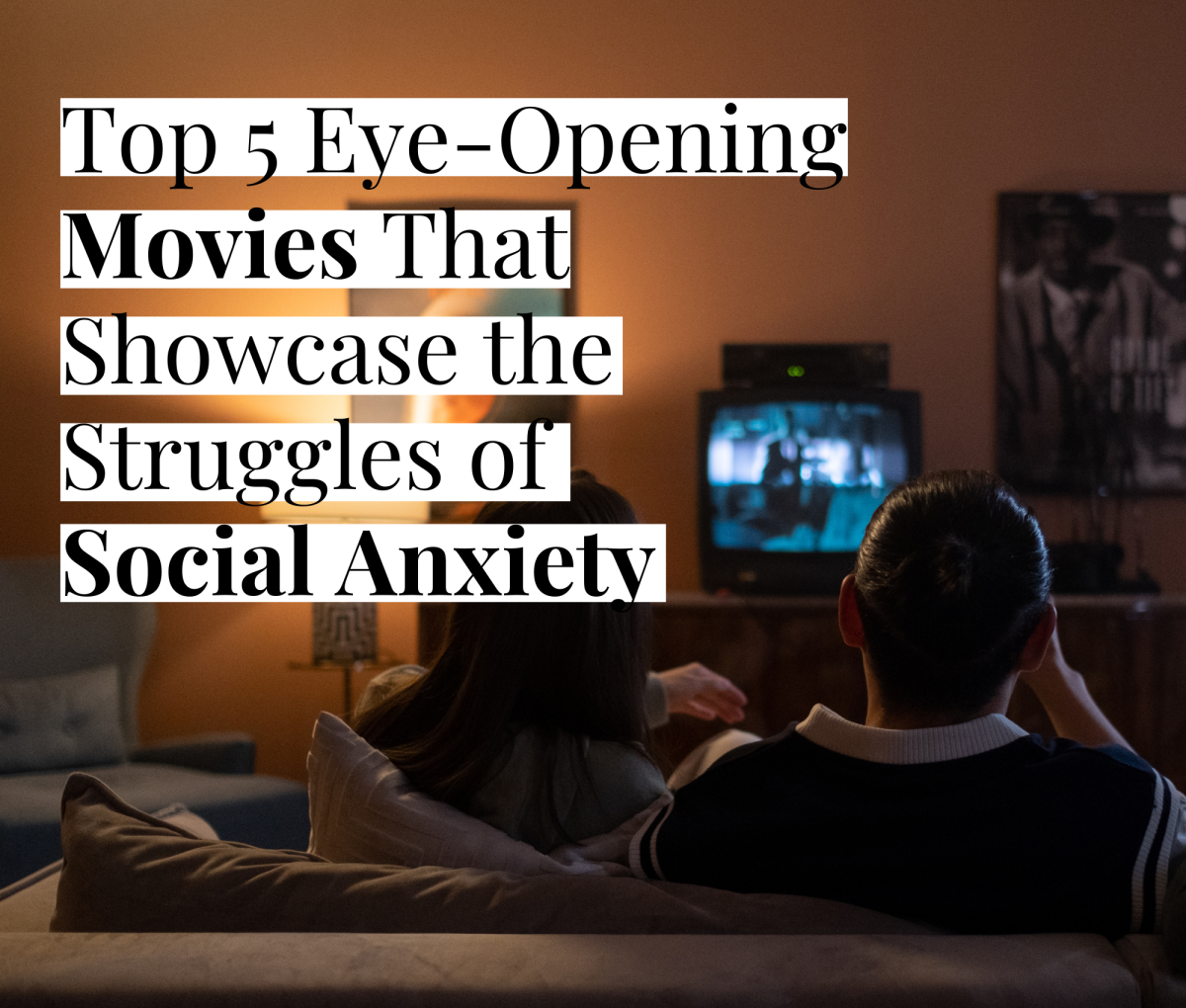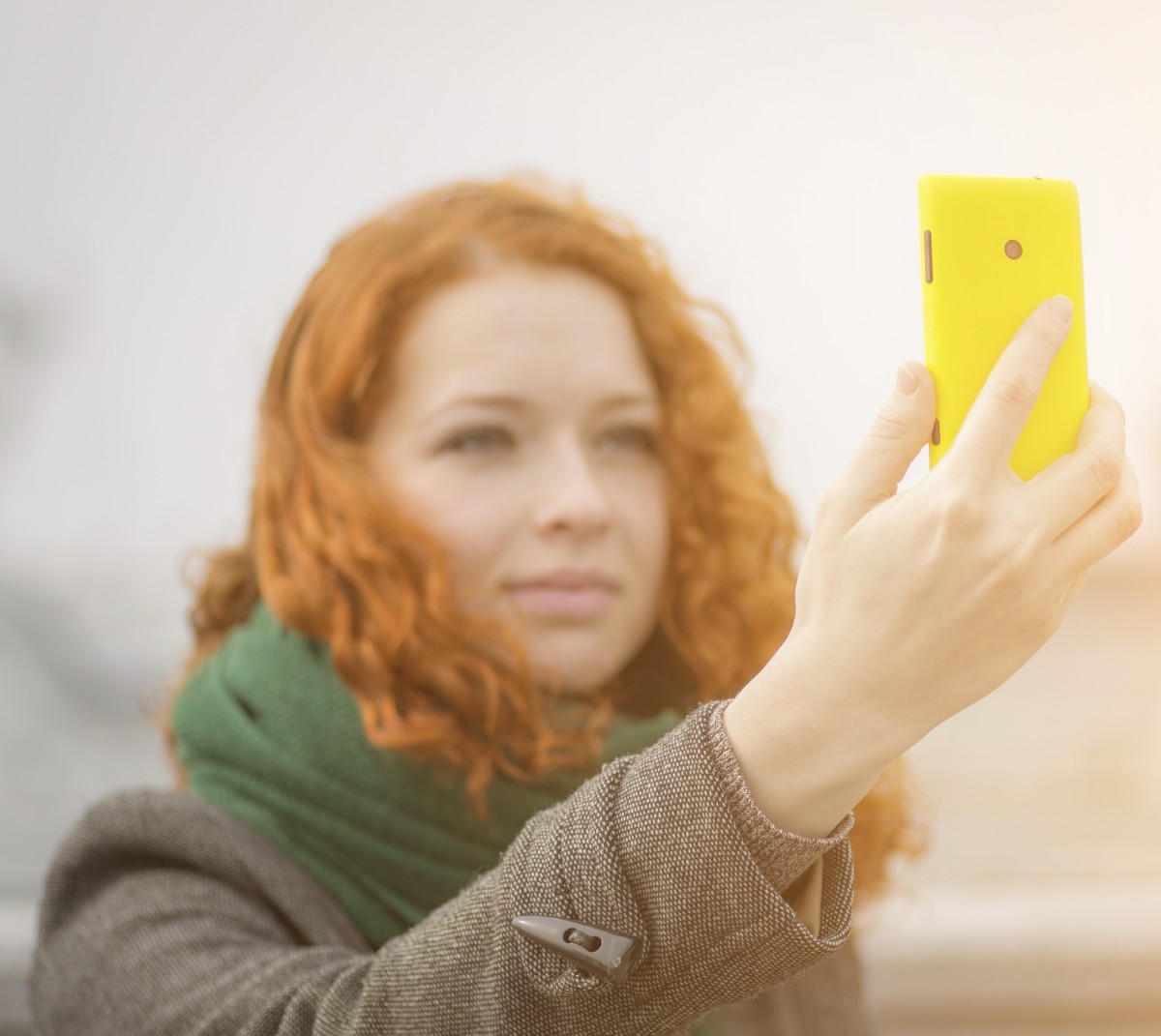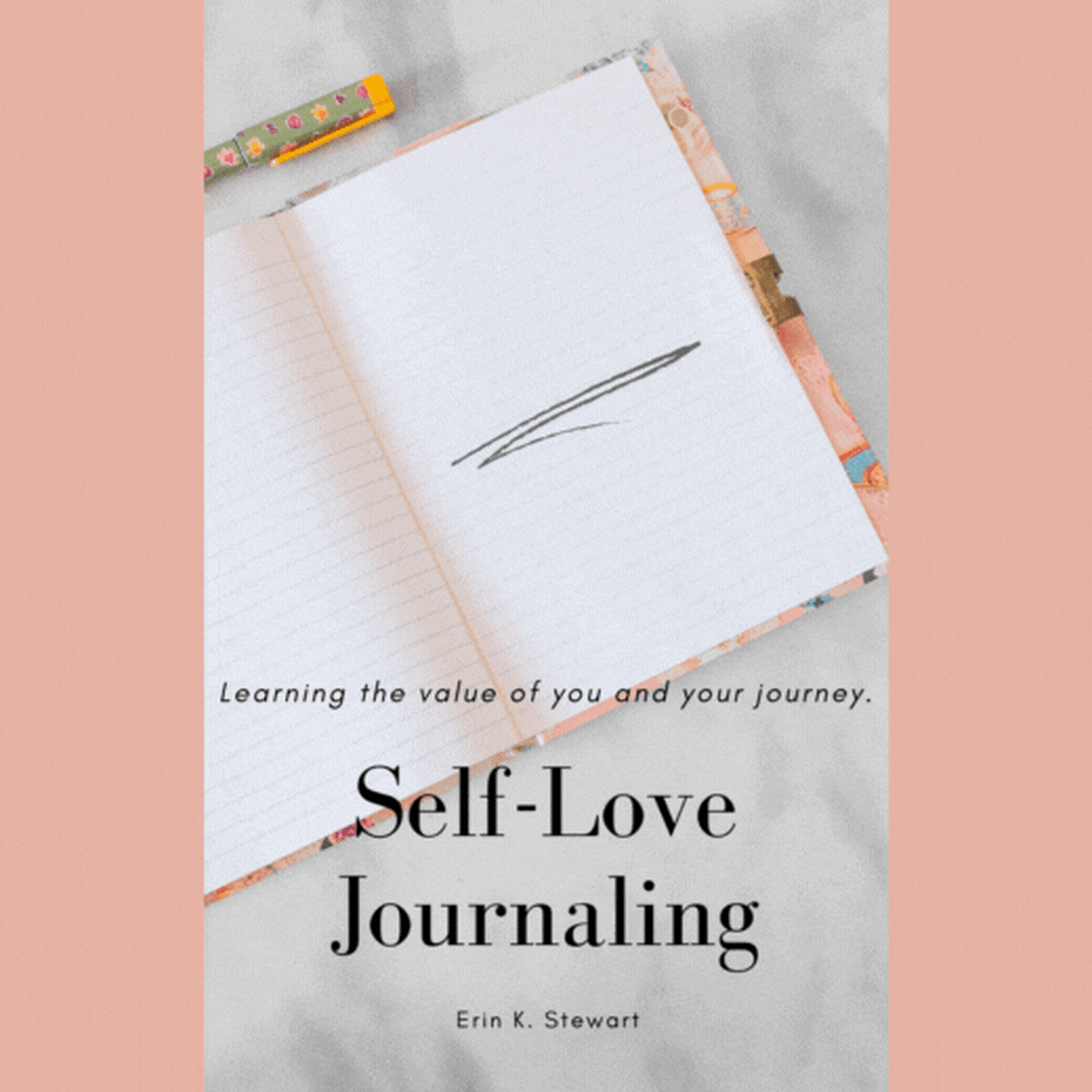7 Tips for People with Social Anxiety
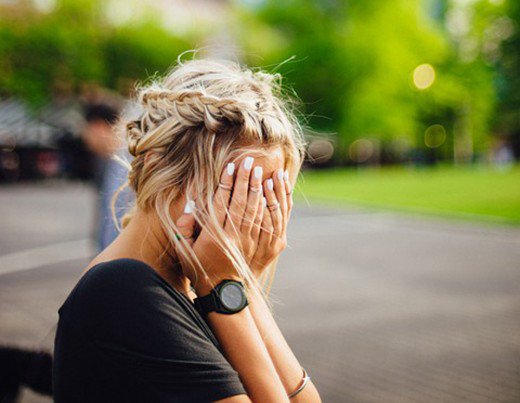
1. Don’t Spend Time with Toxic People
If you have people in your life that always put you down and make you feel bad about yourself and you still spend time with them because you want to be friends with them, you are causing yourself harm. You don’t really need friends like that. There are probably many other people with better personalities that you can surround yourself with. If you notice someone is negative towards you more often than not, distance yourself from that person.
2. If the Social Situation Gets Awkward, Don’t Be Too Quick to Blame Yourself
A lot of people with social anxiety want and expect social interactions to be easy going, and feel like they cannot tolerate if things get uncomfortable or awkward. Try to work on changing your mindset and false ideas about social interactions in general. Don't forget to remind yourself that social situations are often uncomfortable and conflict-inducing by nature and that you will often encounter situations where someone will react negatively and get uncomfortable, mean, angry, offended etc. If you feel like you have excessive fear of conflict, learn some assertiveness skills, so you will feel more equipped to deal with social conflict.
3. Don’t Put Pressure on Yourself to Be Social
If you don't feel like socializing with people at certain times, you don't have to force yourself to do it. Sometimes we just feel like being alone and quiet and that's perfectly fine. Don't let anyone make you feel bad for not being ''outgoing'' enough.
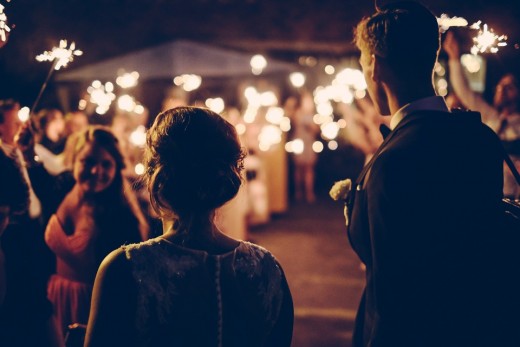
4. Don't Put Pressure on Yourself to Be Liked by People
The more people you meet and connect with the more likely you are to find ones that don’t like you and sometimes even show you that they don't like you. If that hurts your self-confidence, remind yourself that everyone who knows a large amount of people is probably disliked by some of them. It’s totally normal, people will find different reasons to dislike you. They may feel irrationally offended by you for some reason, or they may be jealous of you. Maybe they disagree with your views. Whatever it may be, if you don’t purposely hurt them and give them a good reason to dislike you, you shouldn't worry about it and let it affect your self-confidence.
5. Practice Mindfulness and Use Relaxation Techniques
Mindfulness helps us become aware of our negative self talk and thoughts and not identify with them. Practice mindfulness daily if you can, and especially before an event that triggers your social anxiety. That will lower your physical anxiety and help you gain awareness of your negative thought patterns. You can also practice ''progressive'' relaxation. Progressive relaxation works by tensing a specific group of muscles and then releasing the tension voluntarily. That helps you lower your muscle tension and diminish the physical symptoms of anxiety.
6. Don’t Rely on Alcohol to Relax
You may feel tempted to drink as alcohol has an ability to relax you and lower you inhibitions. However, drinking for the sole purpose of diminishing anxiety can be very harmful. It can also increase your chances of being dependent on alcohol. Also, when you drink you get a false sense of self confidence, and you don’t give yourself a chance to go through the social situation mindfully and overcome the anxiety through experience.
7. Talk to Someone Supportive
Talking to someone who is a good listener and someone who gives positive encouragement can help a lot when we feel insecure and upset. Supportive people who encourage you to feel good about yourself will positively affect your mood and lower your anxiety. When you surround yourself with people who are positive and supportive you will notice that your self confidence will also grow as a result of it.





